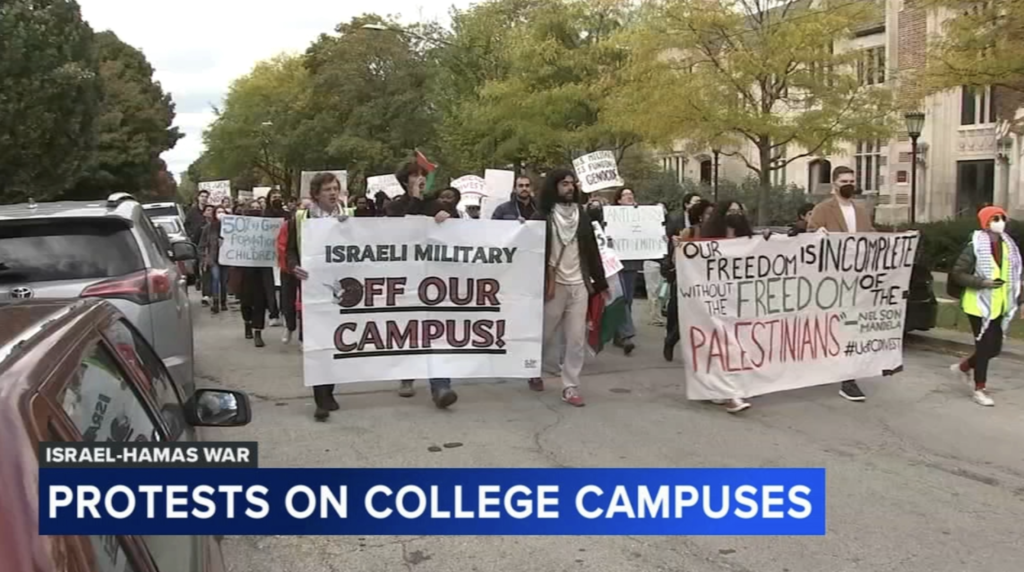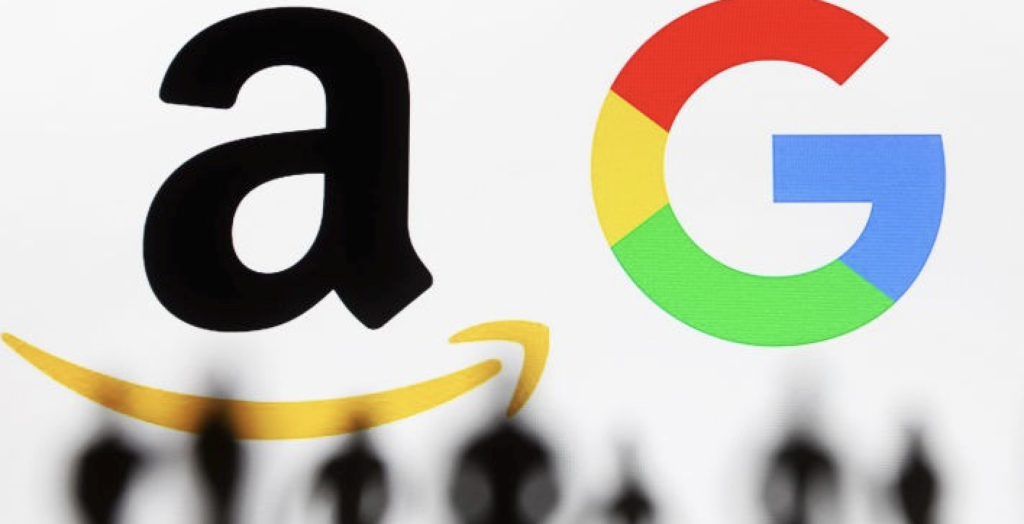Is Biden’s Direction to Investigate Campus Antisemitism Really An Effort to Suppress Protests of U.S. Policy?

In the aftermath of a tragic incident involving the murder of a 6-year-old Arab American boy in Illinois, the Arab American Bar Association and Governor J.B. Pritzker stood against hate crimes on October 23rd. Their proposals, defending constitutional rights, faced challenges. President Biden’s response, directing federal departments to engage campus law enforcement, raises concerns. Amidst escalating tensions over Israeli policies, student-led “Free Palestine” demonstrations clash with attempts to curb speech. Organizations like the Anti-Defamation League pressure universities, potentially stifling dissent, while corporate initiatives create an atmosphere of fear. Now, Biden’s investigation call sparks debate: is it fostering understanding or suppressing speech? This article delves into the complex interplay between freedom and suppression in America.
By: Judge Bill Haddad / Arab America Contributing Writer
Following the stabbing murder of an Arab American 6-year-old boy in Illinois, the Arab American Bar Association held a press conference against hate crimes on October 23rd. We were joined by Illinois Governor J.B. Pritzker. We issued proposals:
- That “Colleges and Universities resist the pressure to blacklist and discriminate against Arab American students for exercising their Constitutional Rights to Freedom of Speech, and to prohibit the doxing of student protesters.
- That employers refrain from violating the rights of Arab American employees because of who they are, or because they exercise their right to Freedom of Speech”.
- That Biden establish a Federal Hate Crimes Commission like the one in Illinois.
What was President Biden’s response?
Today, CNN reports that the White House… has directed the Department of Homeland Security, the Department of Justice, and the Department of Education to engage with campus law enforcement to quell rising tensions on college campuses.” If one takes this depiction of Biden’s directive at face value, it unfairly equates protests against Israeli policy on college campuses as antisemitic.
There is little doubt that the October 7th Hamas terrorists attacked and murdered nearly 1,500 Israelis and took over 240 hostages. Israel retaliated by bombing Gaza, killing over 8000 Gazans, including more than 3000 children to date. Israel expanded its siege of Gaza by cutting off nearly 100% of the passage of food, water, and medical supplies—which is expected to cause mass starvation of men, women, and children.

The conflict sparked new opposition to the Israeli policy in Palestine and Gaza like never before. Student demonstrations for a “Free Palestine” accelerated, as did a universal plea for a “cease fire”.
Some claim that supporters of Israeli policy have countered with a nationwide campaign to suppress free speech on campuses, in the streets, and on social media. For example, on October 26th the Anti-Defamation League reported that it issued 200 letters to college administrators nationwide advising them to “investigate” a student protest group for violating the Anti-Terrorist Act of 1996, enacted after the Oklahoma bombing. This law bans “material support” of “designated terrorist” groups. Although the attempt to apply the Act to peaceful student protesting is nonsense, the consequences of even frivolous administrative “investigations” of campus groups will have a chilling effect on open dissent. Another effort to suppress campus speech comes in the form of doxing student protestors with the malicious spread of their private information on social media and displayed on digital mobile billboards, and even flyers affixed to telephone poles and walls. Doxing is prohibited in Illinois.
The Arab American Anti-Discrimination Committee has already warned of “ disturbing news of pressure by alumni and donors to Universities and Law Schools to punish schools who tolerate students who demonstrate their views on the Middle East conflict”. Now, it appears that Biden’s directions to federal agencies to quell student “tensions” is yet another means to suppress speech on college campuses.

Many claim that another speech suppression tactic is a nationwide campaign to pressure corporate CEOs to sign ADL’s “Workplace Pledge” to “actively” prevent antisemitism. On its face, this is a great idea. In practice, it takes on an insidious form of a “loyalty oath” where companies may interpret criticism of Israeli policy as antisemitic “activity”. (APN ltr. 12/4/20 Definition of Antisemitism”) This means that employees will be fearful of being accused of antisemitism as a reprisal for peacefully protesting against Israeli policy. The Washington Post reported that employees at companies like Google and Amazon “calling for… a cease-fire was unfairly censored.” An Amazon employee said: “A lot of us are dealing with harassment… They’re scared to speak out.” Dozens of high-profile companies have signed ADL’s “workplace pledge”.
Many Arab Americans fear that these McCarthyism threats of investigations, doxing, “workplace pledges”, and financial pressure on educational institutions—and now Biden’s direction to investigate “tensions” on college campuses—are really a pretext to suppress speech in America.
Is it a conduit of hate in itself?
Supreme Court Justice Louis Brandeis wrote that the right to “free speech and assembly” is the “fundamental principle of American government”. He famously advocated for “more speech, not enforced silence”. Suppression of freedom of speech is unconstitutional, and un-American.
About the Author: Judge Bill Haddad is a retired Cook County Circuit Court judge in Illinois. He retired from the bench in 2013. Judge Haddad is the founding president of the Arab American Bar Association of Illinois and serves as chair of the American Middle East Voters Alliance.
Check out Arab America’s blog!








